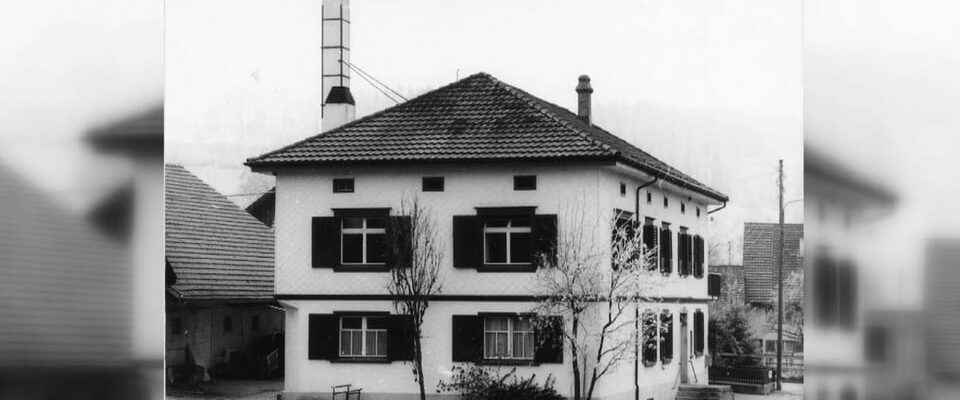contents
Municipal authorities are overwhelmed when it comes to dealing with monuments, finds Heimatschutz. The communities disagree.
This annoys the monument protection: “The communities are simply overwhelmed when they have to decide on monuments,” says Martin Killias, President of the Swiss Homeland Security. Not only because these decisions are complicated, but “because monuments have no economic value.” A house with apartments that could stand in the same place has such economic value. “If a municipal authority has to decide against neighbors or people with whom it deals on a daily basis in such a case, then it is overwhelmed.”
A typical example: On Wednesday, the entire municipal council of the Thurgau municipality of Braunau was in court. The five-strong committee had approved the demolition of the former cheese factory in the village – even though it was a listed building. The court acquitted the municipal council: mistakes had been made, but none that were criminally relevant. This example is typical of Martin Killias. It shows exactly how overwhelmed the communities are.
Legend:
Instead of the former cheese dairy, an apartment building is now being built in Braunau.
SRF/Switzerland up-to-date
Homeland Security demands: According to Martin Killias, the decision as to whether a listed building may be demolished or converted should lie with the cantons. These would have more distance. “Experience shows that far fewer wrong decisions are made there.” There are also fewer complaints procedures. Homeland security rarely has to act against cantonal decisions, but mostly against municipal ones.
St. Gallen goes in the other direction: In the canton of St. Gallen, the planning and building law is currently being amended. An important part: the municipalities are given more autonomy in relation to monument protection. Demolition or conversion would no longer require the approval of the canton’s monument preservation authorities. This could only intervene later via a complaint or an appeal. The law has not yet been finalized. However, it was accepted by the cantonal parliament in the first reading.
St. Gallen communities are fighting back: “The municipalities have a high level of expertise,” says Rolf Huber, President of the Association of St. Gallen Mayors. Churches could not just do whatever they wanted. They are bound by the law. And they could also make decisions that affect people with whom they deal on a daily basis. That is even normal for the communities: “We also have to make decisions in other areas.”
